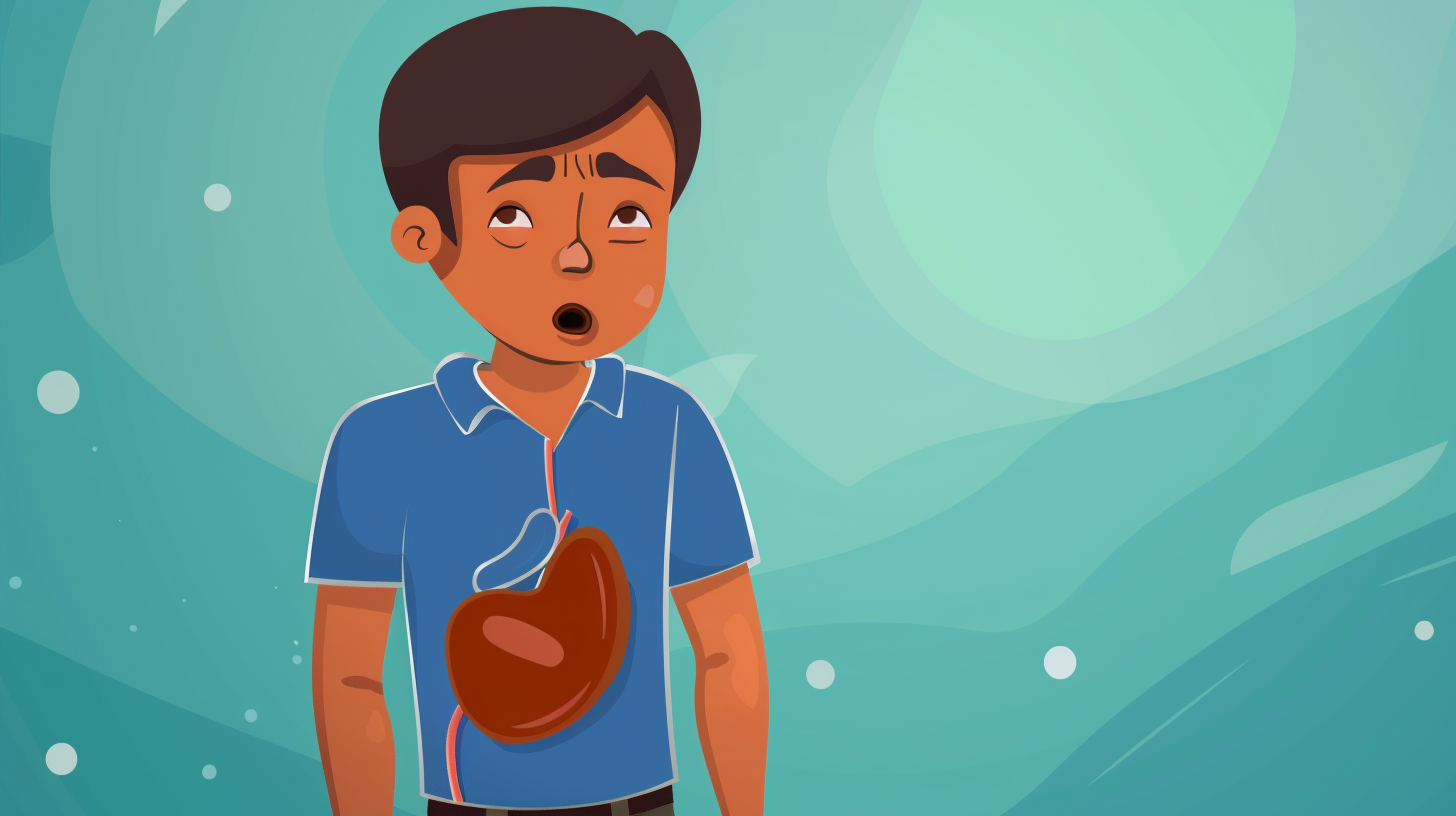
Modern Medicine's Success and Its Unintended Effects on Our Genetic Future
Modern medical advances have revolutionized survival for individuals with genetic risks, but this improved survival has also allowed more deleterious alleles to accumulate in human populations. This comprehensive overview explores how relaxed natural selection, rising disease gene frequencies, and the potential of genome editing all shape the future of human health.

Research-Backed Supplements for Treating Cancer
Cancer remains one of the toughest challenges in modern medicine, yet scientific interest in complementary nutraceuticals grows every year. This guide examines how natural compounds—like resveratrol, green tea extract, curcumin, or turkey tail mushroom—might slow tumor growth or strengthen standard treatments by enhancing immunity or reducing inflammation. While no supplement replaces surgery, chemo, or radiation, well-chosen options can play a crucial supportive role.

Research-Backed Supplements for Treating Depression
Depression stems from more than just brain chemistry—it can involve nutrient imbalances, stress hormones, and inflammation. This guide highlights science-backed supplements like St. John’s wort, omega-3 fish oil, SAMe, L-methylfolate, and others that target neurotransmitter production or reduce oxidative stress. Each compound has unique benefits and cautionary notes, making them possible allies in supporting mood—even alongside standard medication or therapy.

Finding Calm in the Face of Mortality
I grew up believing death led to an afterlife—an eternal reunion in heaven. That mindset carried me through a war zone without much fear. Yet a science degree and an abrupt shift in my beliefs made me terrified of death’s finality. Then came serious health crises, from Wilson’s Disease to a Mast Cell Disorder, and suddenly the idea of dying became more like an invitation to rest than a doom to avoid. The fear had dissolved, replaced by unexpected calm.

Research-Backed Supplements for Treating Cholesterol & Triglycerides
Looking to tackle elevated LDL or triglycerides without relying solely on prescriptions? This guide reviews clinically supported supplements—from powerful red yeast rice (a natural statin equivalent) and omega-3 fish oil to gentler choices like psyllium fiber or plant sterols. Each works differently to block absorption, boost excretion, or lessen harmful lipids produced by the liver. Use them wisely (and with medical guidance) for a safer path to better heart health.

Research-Backed Supplements for Weight Loss
If you’ve noticed a slow but steady weight gain, you’re not alone—and there’s a world of supplements aiming to help. From caffeine and green tea extract, which both rev up metabolism, to fiber-based glucomannan that may tame cravings, the evidence for each varies. Orlistat remains a heavyweight option for blocking dietary fat, while others like CLA and white kidney bean extract offer milder effects. Ultimately, these tools work best alongside balanced eating and regular activity.

Research-Backed Supplements for Treating Mastocytosis & Mast Cell Activation Syndrome (MCAS)
In this in-depth guide, the author recounts a personal battle with Mast Cell Activation Syndrome (MCAS) and Mastocytosis, revealing how misdiagnoses and repeated ER visits led to a proper diagnosis abroad. The article details key prescription treatments—including H1/H2 blockers, leukotriene inhibitors, and mast cell stabilizers—as well as natural supplements like luteolin, quercetin, DAO, and vitamin C that support symptom management. It’s a call to self-advocacy for those navigating complex immune disorders.

Critics vs. Reality: AI Companions Provide Real Emotional Support
Critics argue that AI cannot alleviate loneliness, but AI companions offer genuine benefits for those experiencing isolation. AI companions like Replika provide meaningful interactions and emotional support, particularly for individuals with social anxiety or depression. While concerns about overreliance and superficial relationships exist, AI can complement human interaction, fill social gaps, and provide mental health support. Understanding AI’s potential to enhance our lives is crucial as we navigate this evolving technology.

Research-Backed Supplements for Treating Neuropathy
Neuropathy, a condition that disrupts the body's nerve signals, can manifest as pain, tingling, weakness, and even loss of function, dramatically affecting one's quality of life. While standard treatments can be effective, some supplements have shown promising results in alleviating these symptoms. Here's a closer look at these evidence-backed alternatives, including a personal story on managing vagus nerve neuropathy caused by Wilson's Disease.

The Wilson's Disease Diet: What Not to Eat
If you or a loved one has Wilson's Disease, understanding which foods to avoid can be crucial for managing your health. This blog post explores the significant role diet plays in controlling copper accumulation in the body, offering a detailed list of high-copper foods to steer clear of, such as liver, shellfish, nuts, and chocolate. Gain valuable insights on how to navigate your diet to reduce symptoms and enhance wellness with our comprehensive guide.

